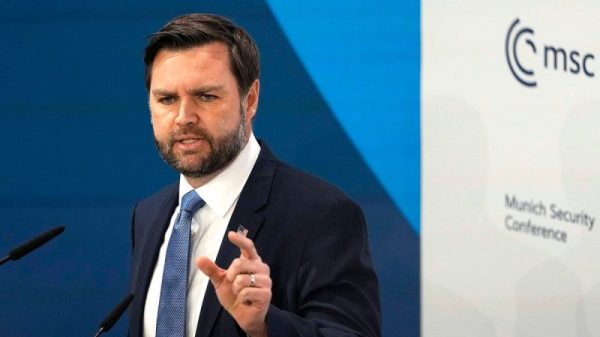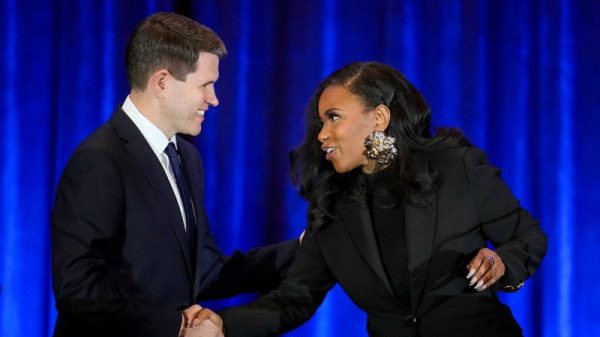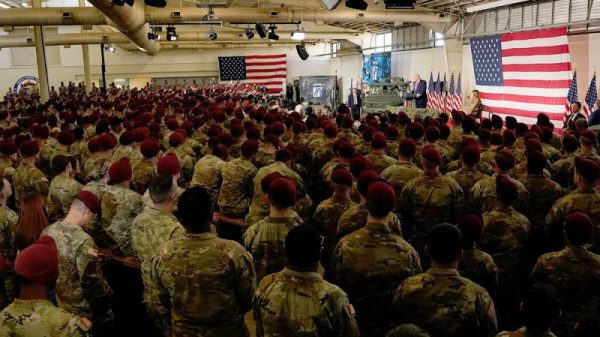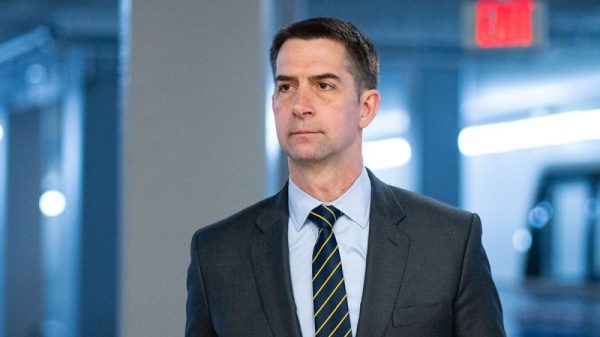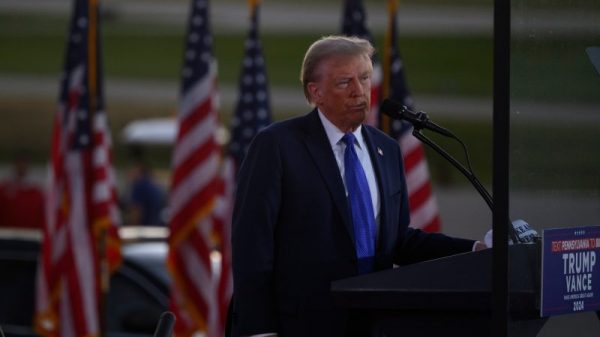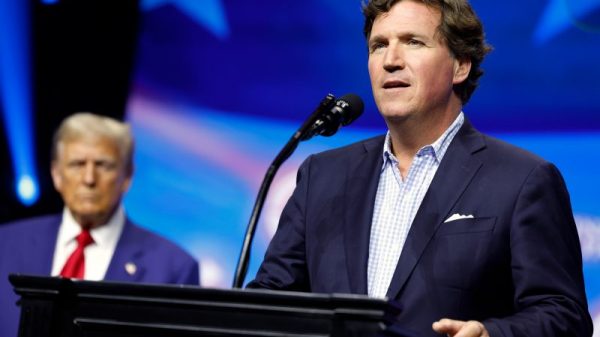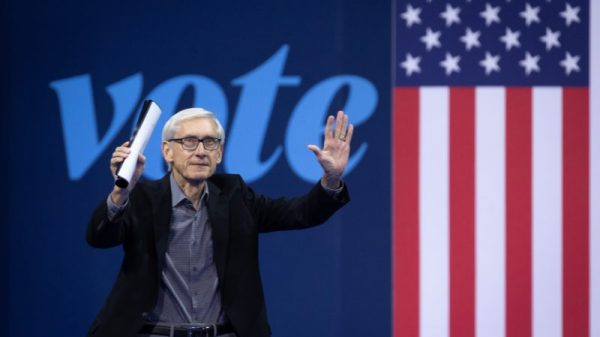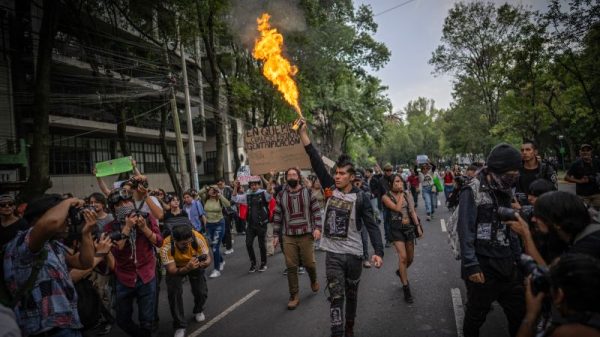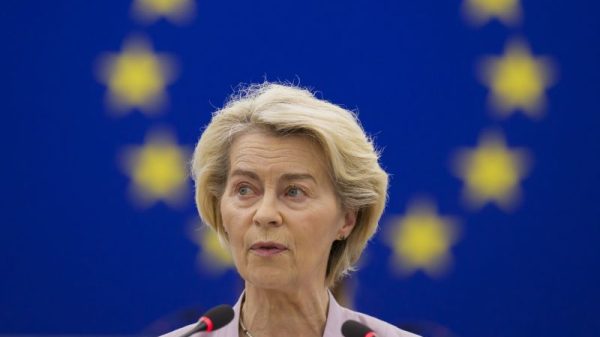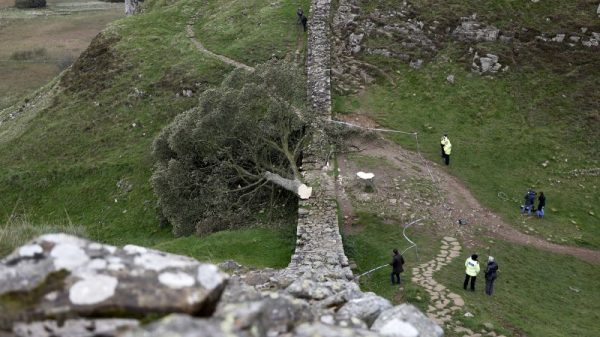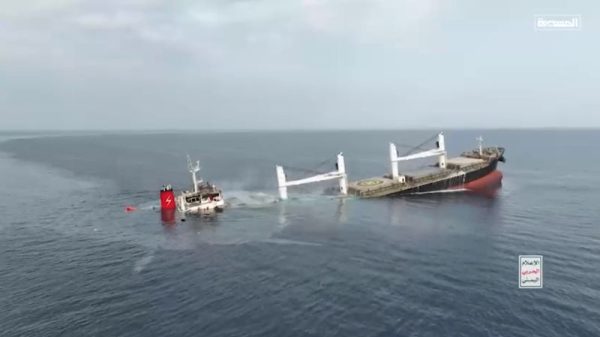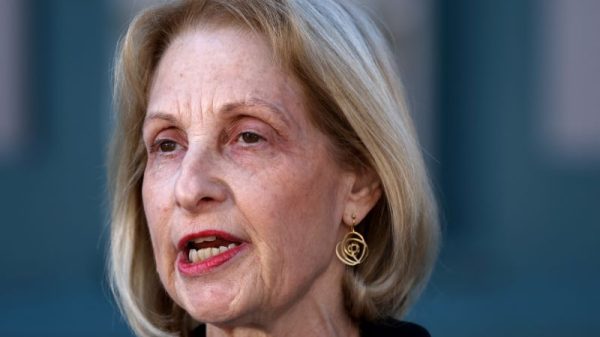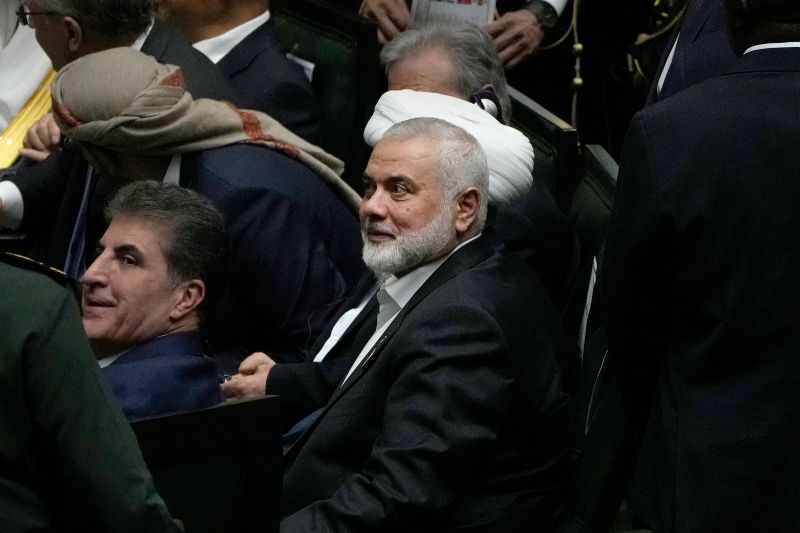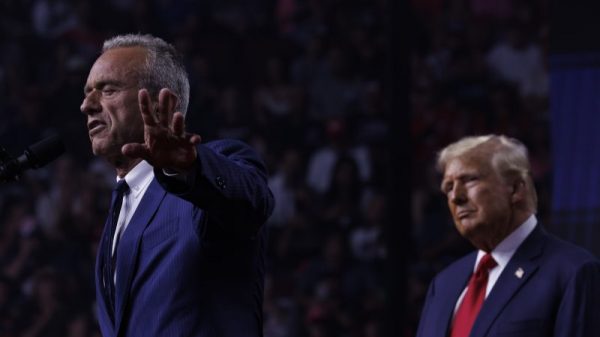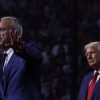The assassination of Hamas political leader Ismail Haniyeh in the Iranian capital Tehran has rocked the Middle East – threatening to further destabilize the region and jeopardize ceasefire negotiations between Israel and Hamas over the war in Gaza.
The attack on Haniyeh came in the early hours of Wednesday morning, with Hamas pointing the finger at Israel – which has so far declined to comment.
All eyes will now focus on two key questions. What happens to Gaza hostage and ceasefire negotiations, given Haniyeh headed up the group’s political operations from overseas and acted as a key interlocuter with international mediators? And will this strike inside Iran prove to be the catalyst for a potential full-blown regional war?
Here’s what we know so far.
What happened?
Haniyeh had been in Tehran for the inauguration of Iranian President Masoud Pezeshkian, and was staying in a residence for veterans in the north of the city, state-affiliated news outlet Fars reported.
At around 2 a.m. local time, an “airborne guided projectile” targeted where Haniyeh was staying, according to Iranian state-run outlet IRNA which said his bodyguard was also killed.
IRNA said further investigations are underway to determine the details of the operation and the position from where the projectile was fired.
Shortly afterward, Hamas decried what it called a “Zionist strike” and a “grave escalation” in its decades long conflict with Israel.
One Hamas official said the group is “ready to pay various prices” and that the “moment of truth has come,” adding: “This assassination will not achieve the goals of the occupation and will not push Hamas to surrender.”
When asked for comment, Israel’s military said it “doesn’t respond to reports in the foreign media.”
Who was Haniyeh?
The 62-year-old had been part of Hamas for decades, becoming political chief of the group in 2017. The following year, he was named a “specially designated global terrorist” by the United States.
Despite that designation – and unlike Hamas’ military leadership – Haniyeh travelled globally, meeting with world figures as the political head of the organization.
During the war with Israel in Gaza he has taken a central role in hostage and ceasefire talks between Israel and Hamas.
Earlier this spring, he said Hamas was willing to strike a deal – but it would require Israel withdrawing from Gaza and a guarantee to cease fighting in the enclave permanently, demands that Israel has called “unacceptable.”
Haniyeh was in touch with mediators in Qatar and Egypt as recently as early July. Those talks now hang in the balance, despite some hope earlier this month that they were nearing a framework agreement.
What has the world said?
Leaders from around the region have weighed in, with some condemning the killing and voicing alarm about the potential fallout.
Palestinian leaders, including the Palestinian president and prime minister – who come from factions that have deep historical rivalries with Hamas – have condemned the killing and called for Palestinian “national unity.”
The White House has seen the reports of Haniyeh’s killing, a spokesperson said, but declined to immediately comment further. US Defense Secretary Lloyd Austin said he does not think war in the Middle East is inevitable, but that the US would help defend Israel if it were attacked.
Leaders from Russia and Turkey have both decried the assassination, warning it would lead to larger conflicts in the region.
Other Iran-backed militant groups have also voiced sympathy – including Hezbollah, based in Lebanon, and the Houthis in Yemen.
Two reported killings, in quick succession
News of Haniyeh’s killing came just hours after Israel said it had killed Hezbollah’s most senior military official, Fu’ad Shukr, in a drone strike in Beirut, Lebanon.
The group has not confirmed Shukr’s death, but said on Wednesday he “was present” at the time of the strike.
If true, Shukr would be the most high-ranking Hezbollah official to have been assassinated since 2016 when Mustafa Badreddine, the group’s top commander at the time, was killed in Syria.
Whatever the fate of Shukr, Wednesday’s strike marked the most serious Israeli escalation since confrontations between Hezbollah and Israel began on October 8.












